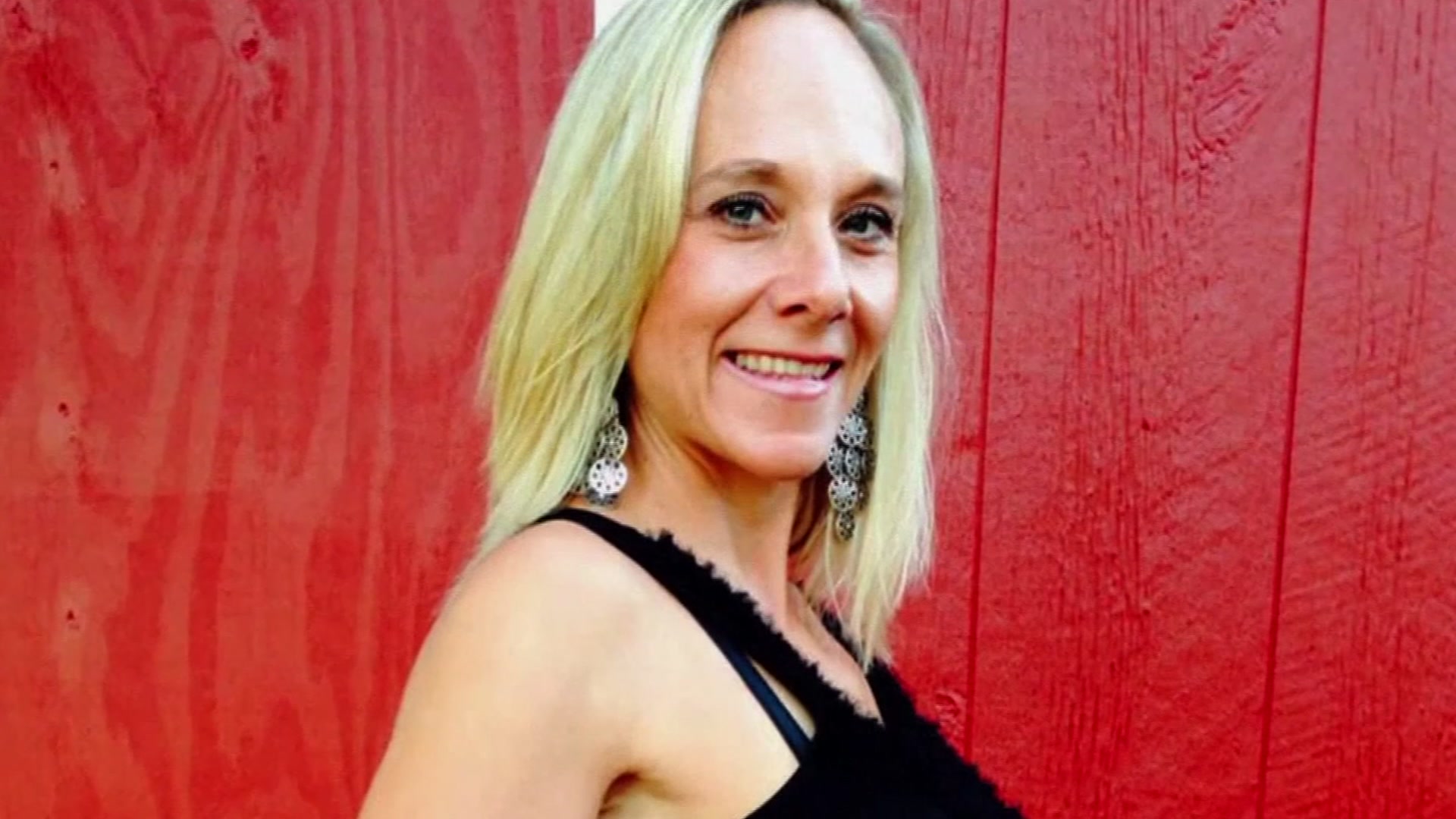An abortion clinic operator told a federal court Tuesday that she already has difficulty finding enough doctors to work in her clinics and that a new requirement that they have admitting privileges at a nearby hospital will force her to start closing facilities.
Amy Hagstrom Miller said that since the new law passed she has been unable to find a single new doctor to provide abortions at the Whole Woman's Health clinics she operates, because many doctors have contracts with hospitals that prohibit them from providing elective abortions.
"Physicians are also afraid of being targeted in their communities, or their spouses or children being targeted, and endangering their regular practices," Miller told federal District Judge Lee Yeakel.
Miller said of the 11 doctors who currently provide services, only two have admitting privileges in Austin and Beaumont. She said Whole Woman's Health would close clinics in Fort Worth, McAllen and San Antonio for lack of a doctor with admitting privileges.
Miller joined with Planned Parenthood in asking Yeakel block enforcement of parts of a new Texas abortion law that attracted international notoriety after a Democratic state senator staged a nearly 13-hour filibuster in June. The Republican-controlled Legislature adopted the law during a second special legislative session.
Lawmakers who authored the bill oppose abortion rights and said they would prefer to completely ban the procedure. But because they are prohibited from doing so, they argued that banning abortions after 20 weeks of pregnancy, requiring strict enforcement of 15-year-old federal medication guidelines and requiring doctors to have admitting privileges at a hospital within 30 miles of a clinic would better protect the woman's health.
Abortion rights groups argue that the law is a backdoor ban on abortions in all but the most populous cities because the rules are too burdensome. The U.S. Supreme Court has ruled that creating such restrictions is unconstitutional, but lower court judges disagree on when a restriction goes too far.
Local
The latest news from around North Texas.
Federal judges in other states have found problems in states that have adopted with similar provisions. If Yeakel finds the law unconstitutional, though, Attorney General Greg Abbott -- an anti-abortion Republican also running for governor -- will immediately appeal that decision to the conservative New Orleans-based court.
Yeakel scheduled closing arguments for Wednesday and promised a ruling before the law takes effect Oct. 29. A requirement that all abortions -- including those induced by taking a pill -- take place in a surgical facility has not been challenged since it doesn't begin until October 2014. Also not included in the suit is the 20-week ban since the vast majority of abortions are performed prior to that threshold.
Dr. Paul Fine, medical director of Planned Parenthood Gulf Coast, told the court Monday that if the law goes into effect as planned no abortion clinics would be left operating west of Interstate 35.
The Texas attorney general's office argues that the Legislature was within its rights to impose stricter conditions for abortions and that abortion clinics simply need to change their business models to adapt to the new regulations. At one point, an assistant attorney general questioned why Miller simply doesn't charge more for abortions and pay the doctors better.
Andrea Ferrigno, a vice president at Whole Woman's Health, said she has contacted 32 hospitals about getting admitting privileges for doctors who work in the clinics, but only 15 responded by sending applications. She said none of the hospitals has approved extending the doctors admitting privileges.
Ferrigno said that the boards at three religious hospitals warned her that the applications would never be approved, despite a federal statute that makes such discrimination illegal.



